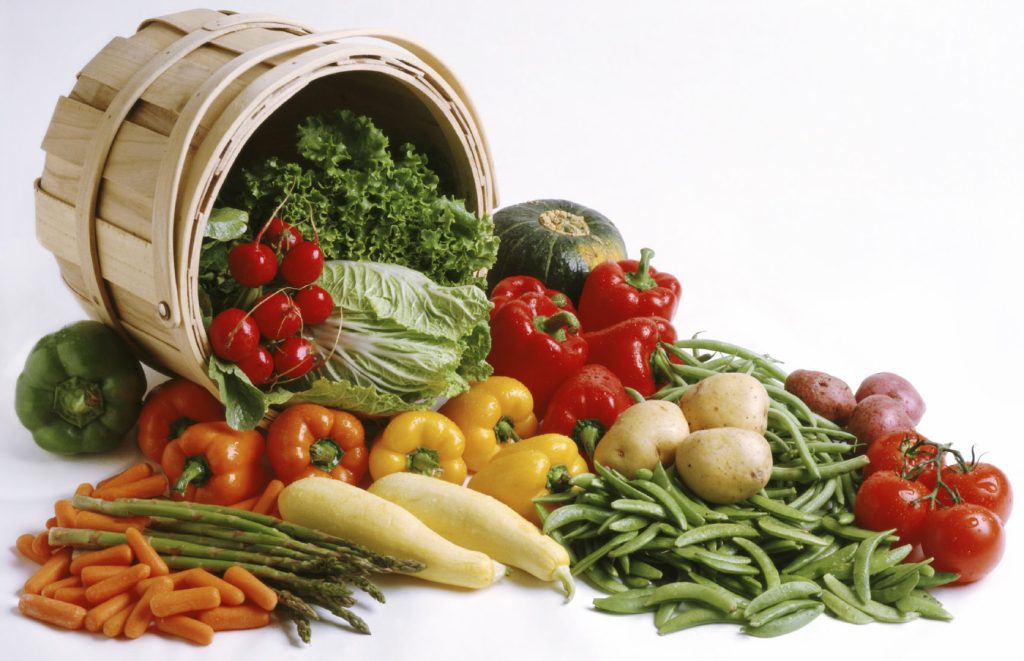Nature and humans can no longer tolerate our consumerism and the garbage it produces. Customers should be more selective regarding production, quality, and origin. Food sustainability in Singapore and worldwide is becoming a primary focus for many institutions.
Current Singapore food sustainability initiatives to support
SFA – From farm to fork, SFA Singapore Food Agency is dedicated to ensuring food sustainability in Singapore. The goal is to safeguard Singapore’s access to a steady nutritious food supply. Shoppers may help this effort by supporting wholesale markets.
Zero Waste SG – Zero Trash SG, established in 2008 to offer advice and materials on waste management and recycling, is driving Singapore’s transition to zero waste through advocacy and education.
Susgain – A free smartphone app, Susgain encourages Singaporeans to develop more environmentally friendly habits. It accomplishes this by enabling users to earn free points for their environmentally responsible behaviors. These practices can include visiting eco-friendly retailers or a water refill station.
Food Bank Singapore – Distributes extra food to organizations, including soup kitchens, family service centers, and aged care facilities, after collecting it from food providers, aiding in the sustainability of society and the environment.
At a glance: 2023 food trends
New Glocal – The restructuring of the world food market
The multiple crises and their impacts demand that the globalized food system be re-regionalized and refocused. Regional agricultural structures, shorter, more transparent supply chains, and a renewed emphasis on domestic markets are crucial to increasing the global food supply’s resilience and sustainability.
Veganizing Recipes: Traditional recipes with a modern twist
Future vegan versions of traditional vegan recipes will become ingrained in our culinary tradition. There are vegan versions of our favorite foods that don’t call for long ingredient lists, in addition to new high-tech imitations of meat and fish.
Sustainable food alternatives to organics
The emphasis of Regenerative Food is on biodiversity and soil recovery. As a result, this is the next stage for agriculture to restore the world’s health. This kind of food production is valued by elite restauranteurs and giant food firms, which have already started to monitor the trend.
READ ALSO: First Finance Journal – USA Trends Hub – USA Business Paper
Food Trends 2023: Industry Insight & Topics
Shopper Visions: Sustainability awareness is transforming the food industry.
Consumers place a high value on sustainability and social justice when buying their groceries, but daily shopping habits frequently look very different. The type of food chosen is determined by cost, convenience, and what is available at the grocery. As a result, the product line will need to relate to the desires and ideals of an increasing number of consumers in the future who want to make more ethical and sustainable purchasing decisions.
Future trends in meat consumption are diverse
At least in the ideas of cutting-edge food technologists and investors and the vegan discourse on “proper” nutrition, meat is losing its position as the primary product of our food culture. Thus, plant-based eating has become one of our day’s most significant food fads. Last but not least, in addition to plant-based goods, new alternatives are now being disclosed, such as alt-protein and cell-cultured food, which are tasting and looking more and more like meat and fish.
Fusion: The globalization of daily life’s cuisine
A recent trend is combining and mixing kitchen techniques and traditions and incorporating “foreign” cuisines and other foods since the experimenting inspires many people with ingredients and preparation techniques, which is quickly spreading in the form of new, widely-popular recipes on social media platforms.
Learn more about how entities like banks are helping food sustainability in Singapore and what you can do to help.
Author



